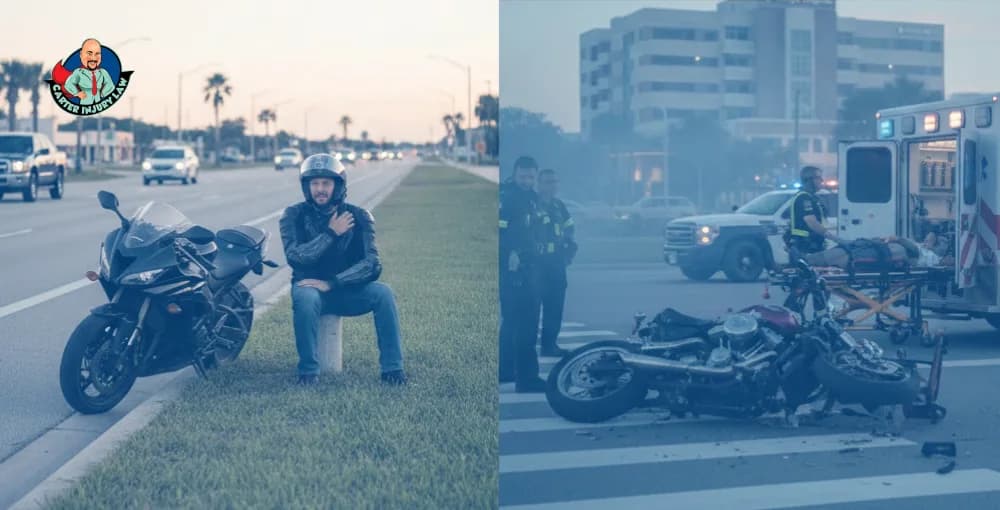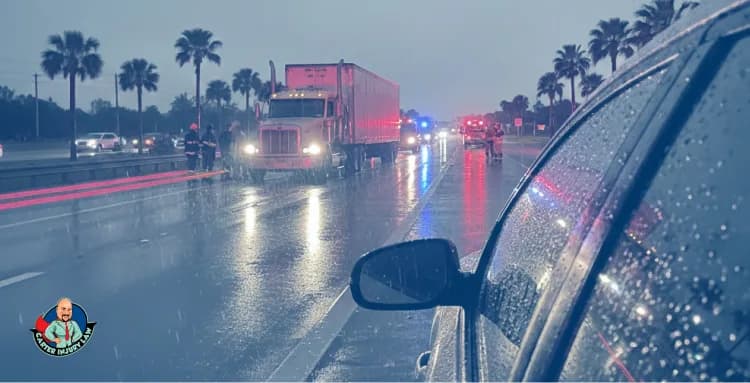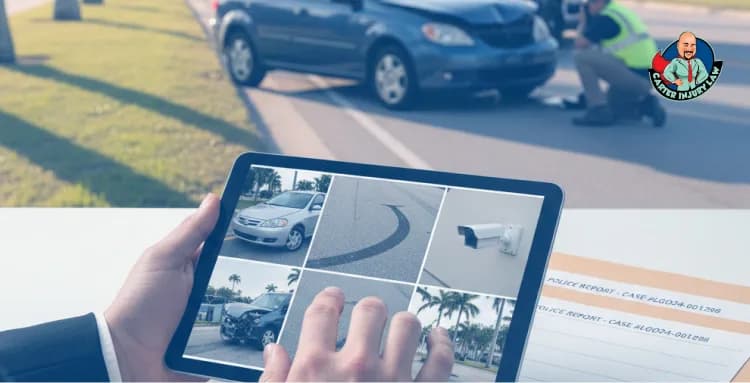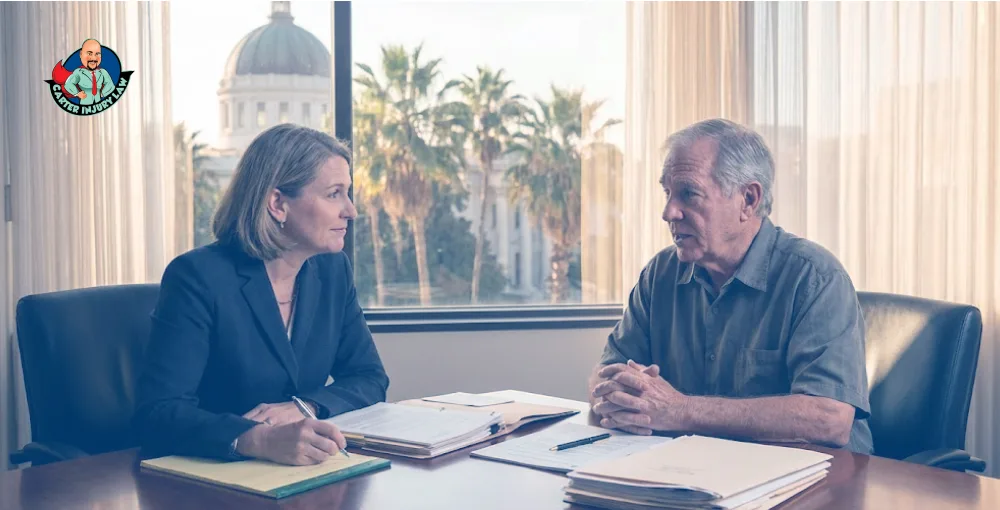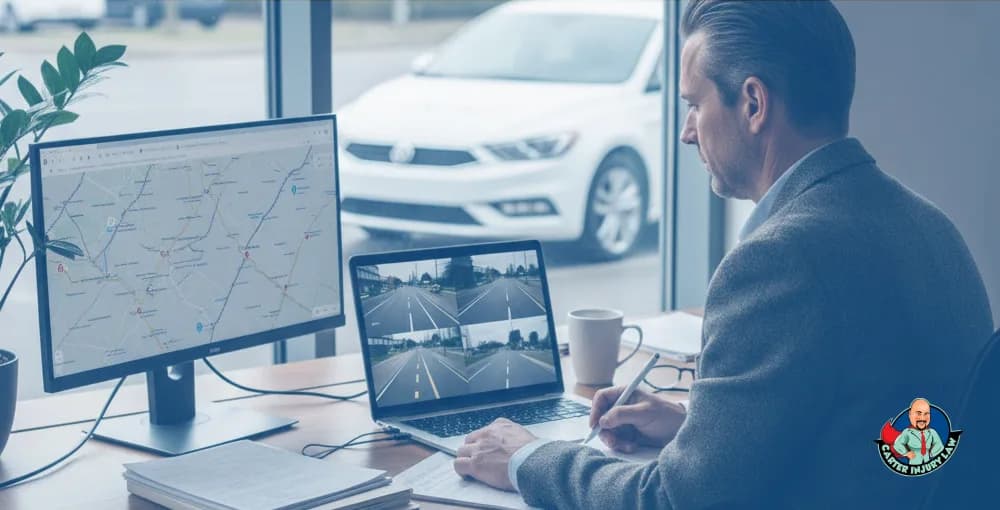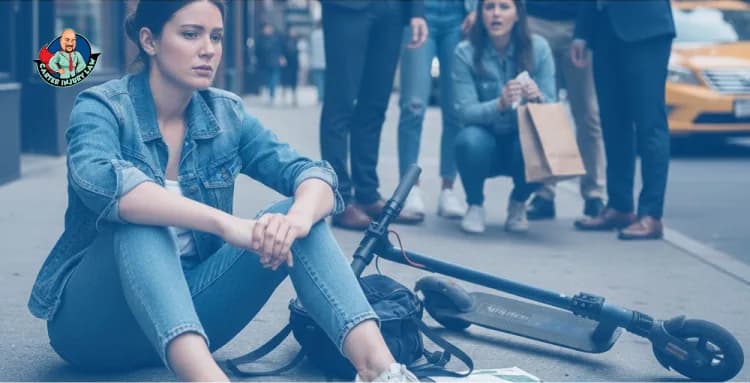Losing someone is never simple, but when the person responsible disappears, it feels like the universe itself has abandoned you. The grief is not just sorrow, it is confusion, anger, and a hollow sense of injustice. How can someone leave a scene like this and continue on as if nothing happened? You try to make sense of it, but logic is a poor companion in these hours.
And yet life presses forward, even when you cannot. Bills must be paid, calls must be returned, and questions must be answered. In Florida, after a fatal hit and run, there is a sequence of events, some practical, some procedural, that begins to shape the path toward answers. It is a strange mixture of law, investigation, and human effort against chaos. Each step can feel fragile, like a small light flickering in the dark. Let’s talk about it…
1) What Happens First After a Fatal Hit and Run
When a fatal hit and run happens in Tampa, the response is swift. Police do not wait around, they open a case right away. Depending on where it happened, the investigation might be led by Tampa Police, the Hillsborough County Sheriff’s Office, or the Florida Highway Patrol.
Investigators know time is everything. The first hours can determine whether the driver is caught or stays hidden. That is why they move fast, gathering every lead they can find.
Here is what typically happens:
Surveillance footage from nearby businesses or homes is reviewed.
Witness statements are taken on the spot.
Traffic cameras and plate readers are checked for matching vehicles.
Physical evidence like broken glass or paint transfer is collected.
Sometimes the trail leads straight to the driver. Other times, despite every effort, the trail runs cold. Families are left in limbo, waiting for answers that may or may not come. You’re invited to hear directly from David Carter at Carter Injury Law, sharing his expert insights in this short video .
2) The Safety Net You Might Not Know About
When a driver vanishes after a crash, families often feel like their options vanish too. The truth is, insurance can step in even when the other driver is never found.
Uninsured motorist coverage is designed for exactly this situation. If your loved one was covered by a policy that included it, that policy may provide financial help even when the hit and run driver is nowhere to be found. Insurance companies call these cases “phantom driver” situations, and while the name sounds strange, the protection it offers is real.
Here is why this coverage matters:
One in five Florida drivers has no insurance at all according to the Insurance Research Council.
Hit and run crashes account for over 25% of all accidents in Florida, based on data from the Florida Department of Highway Safety and Motor Vehicles.
Those numbers tell a clear story. Drivers flee because they have no license, no insurance, or no way to face the consequences. However, your family should not carry the burden of their choices.
So if coverage can provide a financial lifeline, what happens when the driver is actually caught? That is when the fight moves into the courtroom... And what happens if the person who caused the crash is never found? The answer is not as hopeless as it sounds...
3) Wrongful Death Claims Against the At-Fault Driver
When investigators track down a hit and run driver, the legal fight takes on a new dimension. Families suddenly have the option to hold that driver accountable in civil court, not just wait for criminal charges.
A wrongful death claim is about more than paperwork. It is a way to demand financial recovery for the very real losses a family faces. These claims can cover:
Funeral and burial expenses that no one plans for
Loss of income that a family depended on
Medical bills tied to the crash
Emotional damages for the pain of losing someone too soon
Meanwhile, prosecutors may pursue criminal charges against the driver. But it is important to know that criminal court and civil court are not the same. Criminal court is about punishment. Civil court is about compensation. Families deserve both.
Still, even with a case filed, working through the system can feel hard. That is why most families in Tampa turn to legal teams who know how to balance both sides of the fight.
4) Why Facing This Alone is a Mistake
The aftermath of a fatal hit and run is is an emotional storm that collides with confusing rules, unreturned phone calls, and an insurance system that rarely feels like it is built for grieving families. In Tampa, many people describe the process as a maze where every turn seems to add more frustration.
Trying to face this maze without support can leave families drained and vulnerable. Insurance companies may appear sympathetic, but their primary goal is to protect their bottom line rather than your future. Police officers may want to help, but once the investigation slows down, updates often stop. Even well-meaning friends and relatives cannot always understand the pressure that comes with trying to hold a system accountable while mourning a loss.
This is where having experienced legal guidance changes everything. A skilled team can push for answers, demand accountability, and focus on justice while families focus on healing. It is not about rushing into a courtroom, it is about making sure that every possible path to support and compensation is explored.
But the real question every family faces is this, once the shock wears off, what should you do next...
5) Finding Answers, Finding Justice for Your Family with Carter Injury Law
After a fatal hit and run, families often find themselves unsure of what to do first. The grief is profound, but the choices made in the early days can shape the entire case. That is why knowing what not to do is just as important as knowing what steps to take.
Here are the biggest mistakes to avoid:
Do not talk to the insurance company alone. they are trained to minimize payouts, no matter how welcoming they may sound.
Do not assume you have no case. Even if the driver was never found, uninsured motorist coverage or other legal options may still be available.
Do not sign anything in a rush. Quick settlements often leave families with far less than they deserve.
A fatal hit and run is a story of loss, anger, and unanswered questions. Families in Tampa should never have to face that story alone. From the first police report to the final insurance negotiation, every step can feel like a battle, and every delay can feel like another injustice.
However, investigations can bring answers, uninsured motorist coverage can provide a financial safety net, and wrongful death claims can hold reckless drivers accountable. Even when the system feels impossible, the right guidance can shift the balance.
We start every case with a conversation, not a contract. Consultations are free, and there will be no fees unless we win for you. Families are not just clients, they are partners in finding justice.
If you have questions, if you need clarity, or if you just want to know what your options are, reach out today. Justice does not wait, and neither should you.




